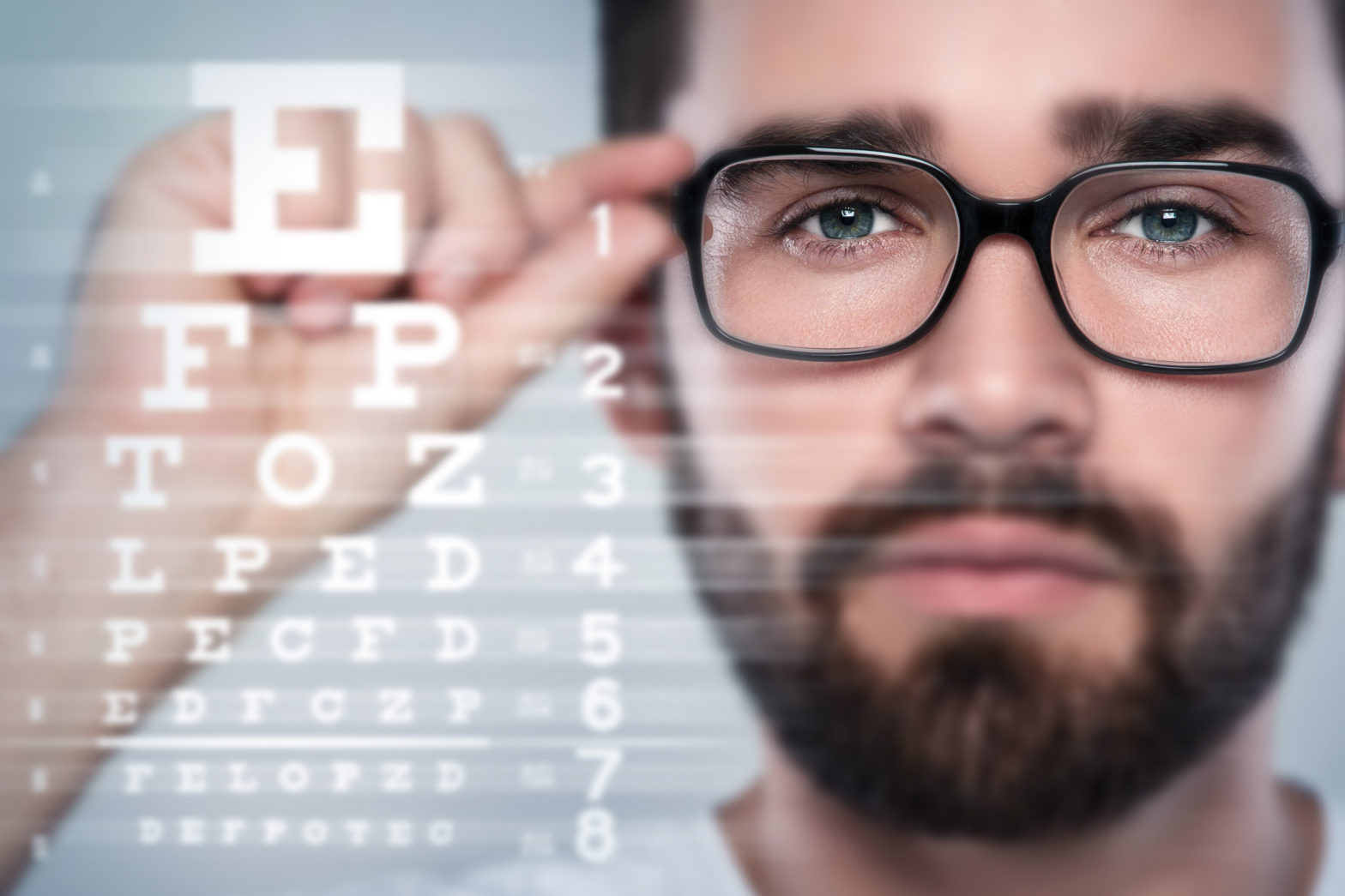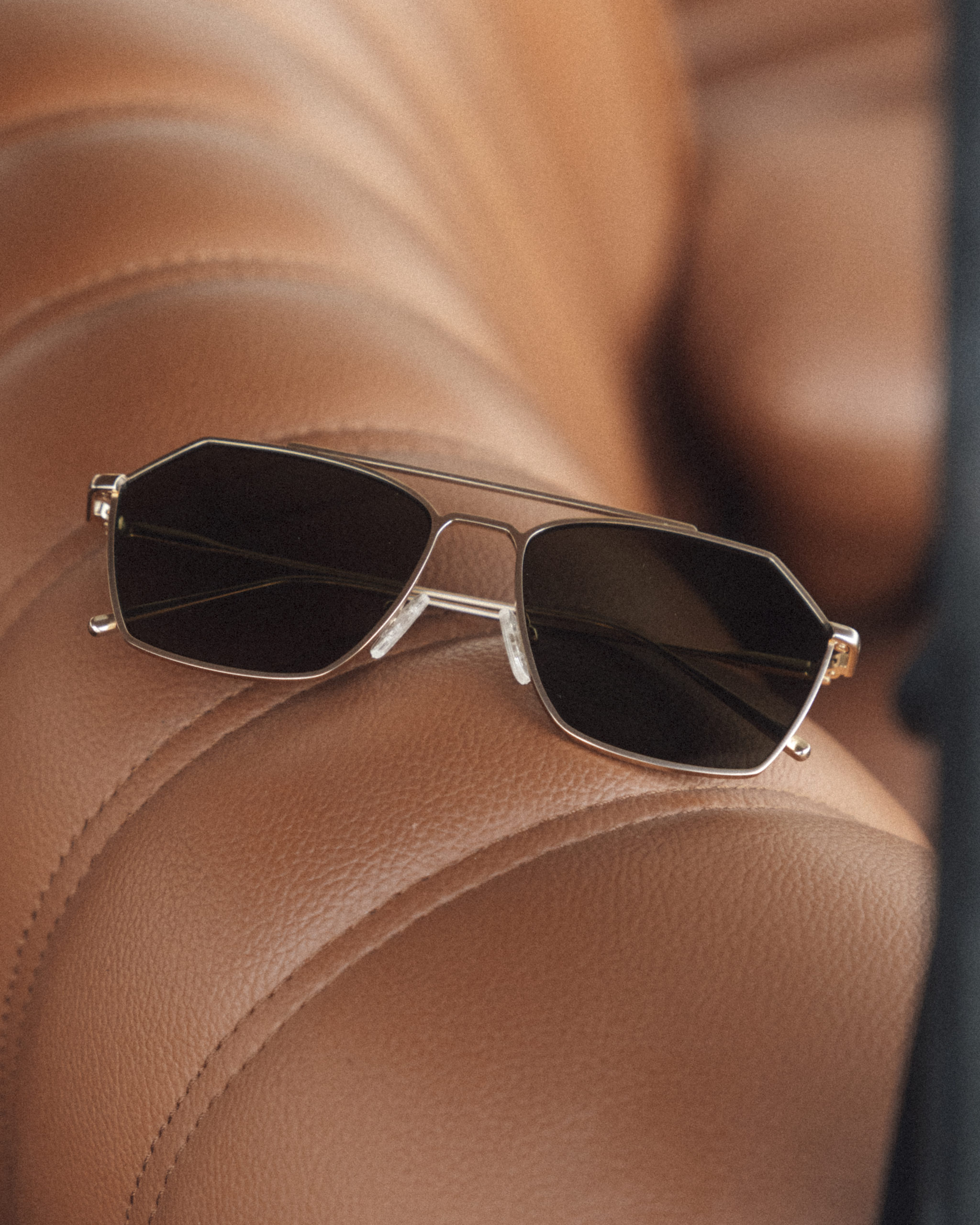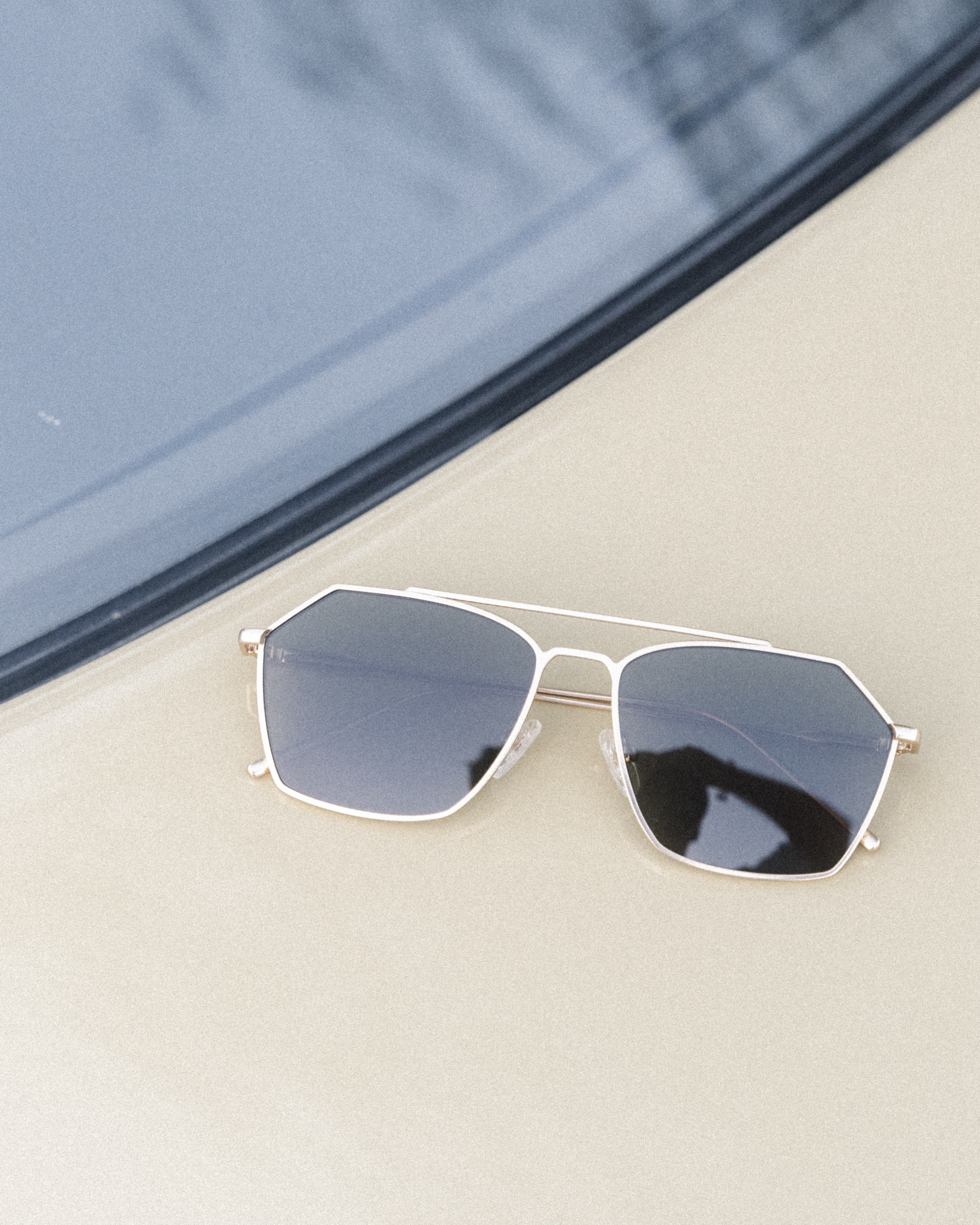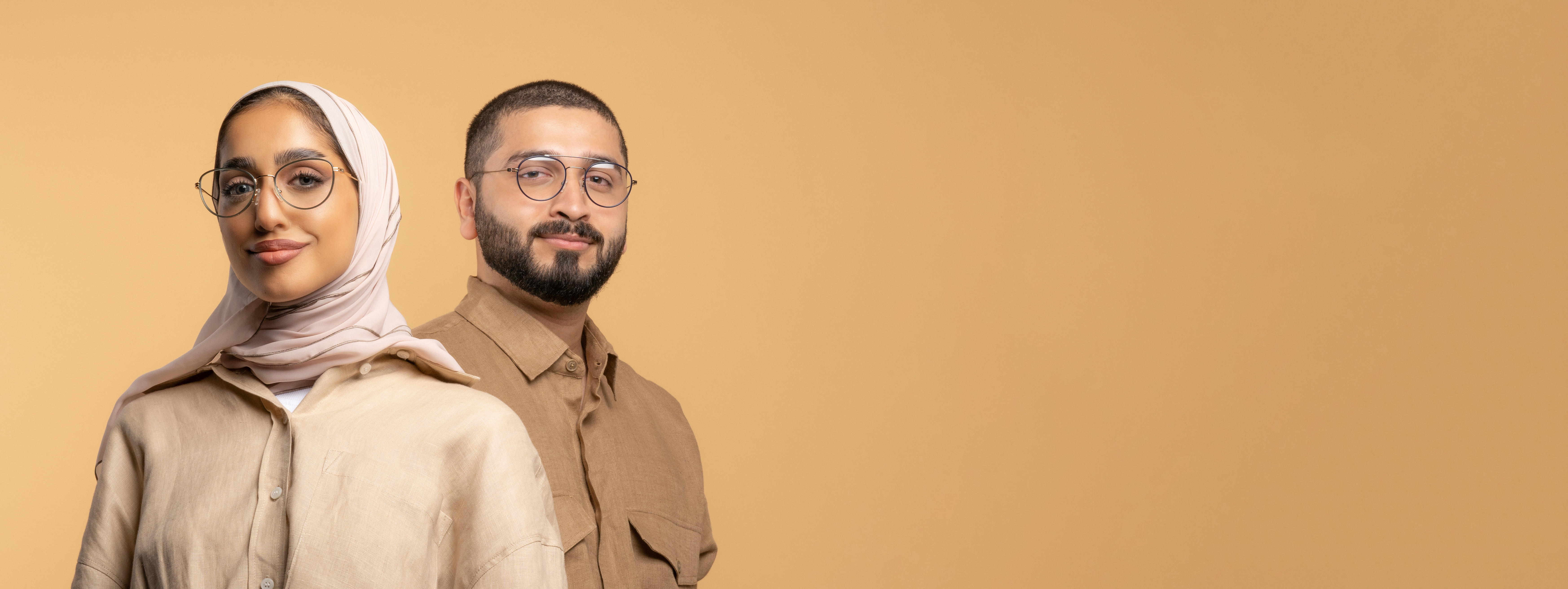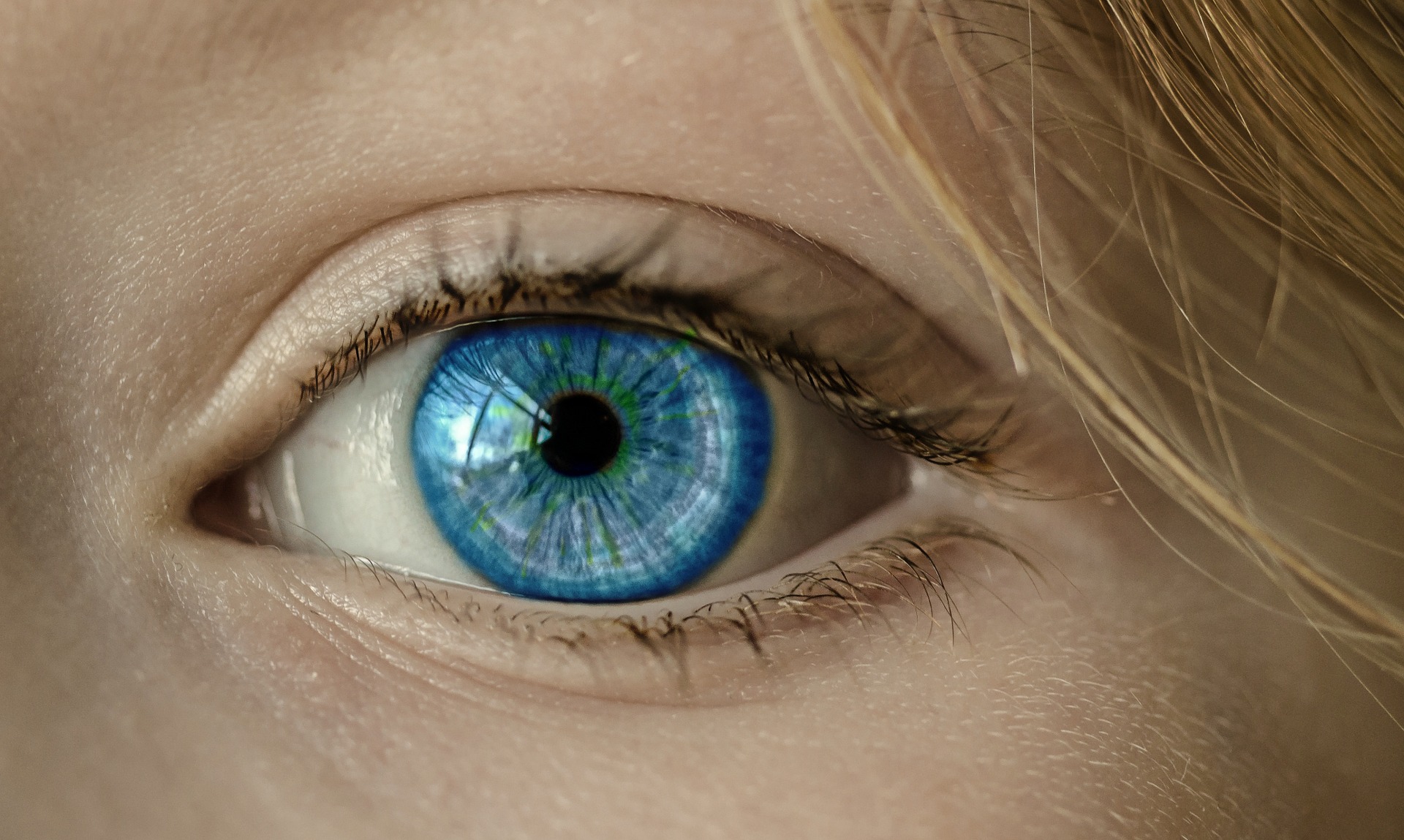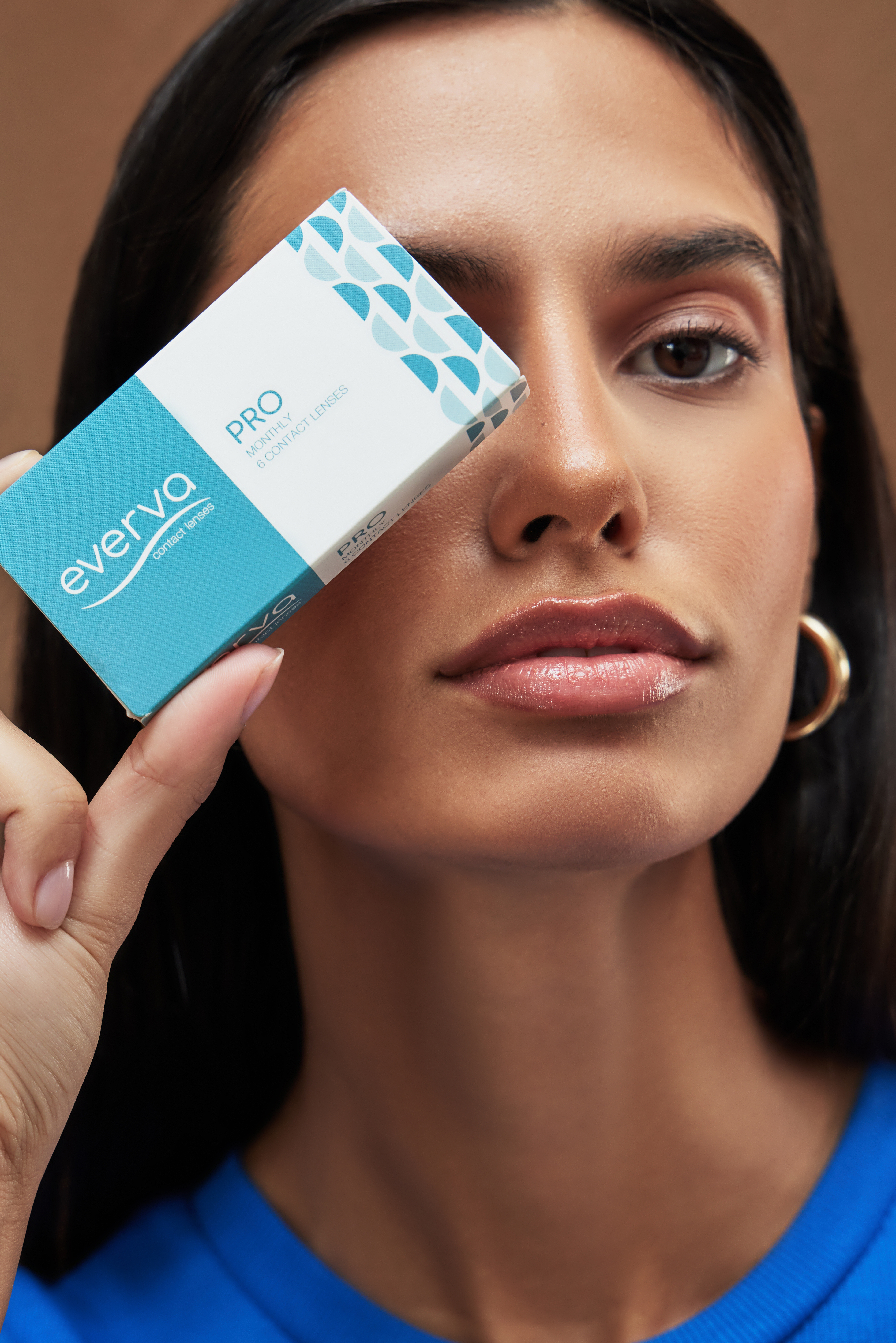Understanding the Duration of an Eye Exam
 Man wearing eyeglasses (EYEYA0919)
Man wearing eyeglasses (EYEYA0919)
Having regular eye exams is essential for maintaining good vision and overall eye health. It doesn’t matter if you wear glasses or contact lenses or have perfect vision; these exams are important for detecting potential eye conditions and ensuring optimal eye function.
In this article, we’ll discuss how long an eye exam usually lasts, what happens during one, factors that may impact its length, and tips to make the examination process go smoothly.
What Happens During an Eye Exam
 Couple of eyeglasses on display (Spectus HP_221072)
Couple of eyeglasses on display (Spectus HP_221072)
An optometrist or an ophthalmologist will conduct a thorough evaluation of your vision and eye health during the eye exam. This evaluation is comprehensive, involving multiple stages that aim to assess different aspects of your eyes.
Vision Testing
During this test, you will be required to read letters or symbols on a standardized eye chart. The chart is usually placed 20 feet away from you.
That way, it is easier to assess your distance vision and detect any refractive errors like nearsightedness, farsightedness, or astigmatism. Based on your answers, the eye care specialist will decide whether you require corrective lenses along with their prescription strength.
Refraction
If the results of your visual acuity test show that you need glasses or contact lenses, the eye care specialist will conduct a refraction test. They will use a phoropter, a device with various lenses, to find the exact prescription that gives you the sharpest vision. You will be instructed to compare different lens choices while viewing through the phoropter until the best prescription is found.
Eye Health Evaluation
The eye care specialist will perform a comprehensive assessment of your eye health. These are the steps involved in the process:
- Pupil Examination: During this examination, your pupils are assessed to gauge their size and responsiveness to light.
- Visual Field Testing: This test aims to evaluate your peripheral vision, identifying any potential signs of visual field loss which could indicate specific eye conditions.
- Slit Lamp Examination: The front structures of your eye, including the cornea, conjunctiva, iris, and lens, will be examined using a slit lamp. This examination helps to identify any irregularities or indications of eye diseases.
- Intraocular Pressure Measurement: The pressure inside your eyes is measured to screen for glaucoma. Increased intraocular pressure can result in optic nerve damage if left untreated.
- Retinal Examination: An ophthalmoscopy or a specialized camera is used to inspect the retina, optic nerve, and blood vessels at the back of your eye. It is an essential procedure for detecting signs of retinal diseases and conditions.
How Long an Eye Exam Usually Takes
 A couple wearing eyeglasses (SN2)
A couple wearing eyeglasses (SN2)
You must be wondering, “How long does an eye exam take“? The length of an eye exam can differ based on different factors, but a typical comprehensive eye exam generally takes about 30 to 60 minutes. This timeframe gives the eye care professional sufficient time to conduct the required tests and evaluations with thoroughness.
Factors That Can Extend the Length of an Eye Exam
 Hand holding eyeglasses (J1_Set12469)
Hand holding eyeglasses (J1_Set12469)
There are multiple factors that can lengthen the duration of an eye exam. Factors affecting eye exam length are discussed below:
Specific Eye Conditions
Patients with pre-existing eye conditions or worries would require extra time for a comprehensive evaluation. Some eye conditions, like cataracts, glaucoma, or macular degeneration, may need additional tests and assessments. Without this precaution, proper monitoring and treatment is not possible.
The eye care professional might also discuss different treatment options with you or refer you to a specialist for a more detailed examination.
Complexity of Prescription
Determining the best corrective lenses for individuals with complex vision prescriptions may require additional time. Conditions such as high nearsightedness or astigmatism may require multiple lens combinations during the refraction test in order to determine the most accurate prescription. It is crucial to ensure the prescription is precise to provide the highest quality vision correction.
First-Time Visits
When you have your first eye exam with a new eye care professional, they may need extra time to gather your complete medical history and learn about any previous eye health problems. This is important for them to establish a starting point for your eye health and discover any specific risks that could impact your vision. As you continue to visit them, the appointments may become shorter because they will become more familiar with your eye health history.
Additional Testing
In case any eye health issues are identified at the beginning of the eye examination, the eye care expert might suggest further tests. For instance, diabetic patients might undergo screening for diabetic retinopathy.
If there is a family history of glaucoma, the ophthalmologist may perform a visual field test to evaluate your side vision. These additional tests help in the early detection and controlling of potential eye diseases.
Tips for a Smooth Eye Exam
 Woman wearing eyeglasses (SlimTech_7669)
Woman wearing eyeglasses (SlimTech_7669)
For a seamless and effective eye exam, take note of the following suggestions:
- Remember to carry any previous eye exam records you may have. They can provide valuable information about your health history to the eye care professional.
- It’s also important to inform them about any family history of eye conditions. It will help them in assessing your risk for certain diseases.
- Don’t forget to bring your current eyewear, even if it’s not the most recent prescription.
- They may dilate your pupils during the exam, so be prepared. The procedure could cause temporary sensitivity to light and blurry vision afterward.
- Experiencing any specific visual symptoms or have any concerns, such as blurred vision or eye strain? Discuss them with your eye care professional.
- Arrive early for your eye exam to take care of any required paperwork. You will also get some extra time due to any unforeseen delays.
- When going for an eye exam, bring a list of all the medications you take. This includes over-the-counter supplements. Certain medications can have an impact on your vision or eye health. The eye care professional must be informed about any potential interactions.
- Throughout the eye examination, you may have to transition between different testing areas. By opting for comfortable clothing, you can ensure that you have the freedom to move easily and stay relaxed throughout the exam.
- Feel free to ask questions during the exam. By understanding the purpose of each test and its results, you can become actively involved in your eye health.
Just got your eyes tested? Eyewa has many great frames and eyewear to choose from. Browse through the wide variety and find the glasses perfect for you.
Conclusion
Regular examinations keep your eyes healthy and sharp. On average, a typical eye exam will last between 30 and 60 minutes, but it may be different for each person. It is your responsibility to go for routine check-ups. A timely prescription of lenses or glasses could save your vision.
When you know what to expect from such tests, you are equipped to take on proactive measures to protect your eyes. Never forget that we humans rely more on our sense of sight than any other sensory organ. Befriend your ophthalmologist and look forward to a clearer future.

